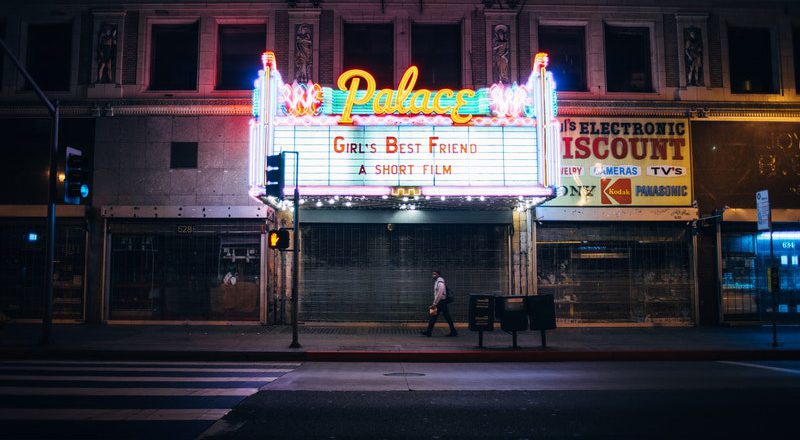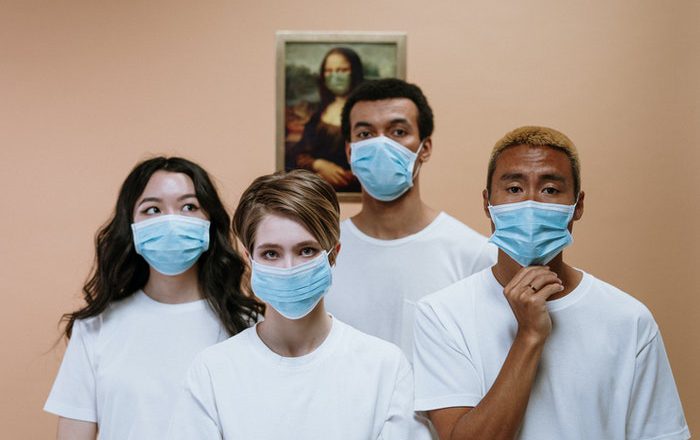Essential To Keeping Capitalism From Crashing – Wall Street Isn’t Just A Casino Where Traders Can Bet On GameStop And Other Stocks
Shares of GameStop and other companies or assets that shot up in value in recent weeks are now dropping like stones. While I feel sorry for the many investors who will likely lose a lot of money, the stocks’ return to Earth is actually a good thing – if you want to avoid financial meltdown to the long list of crises the U.S. is facing.
The reason has to do with what financial markets are – and what they are not – as well as what happens when prices of stocks and other securities become untethered from the fundamental value of the assets they’re meant to represent.
As a finance professor who does research on how markets respond to new information, I believe it is important to maintain a close link between security prices and fundamentals. When that stops happening, a market collapse may b...



